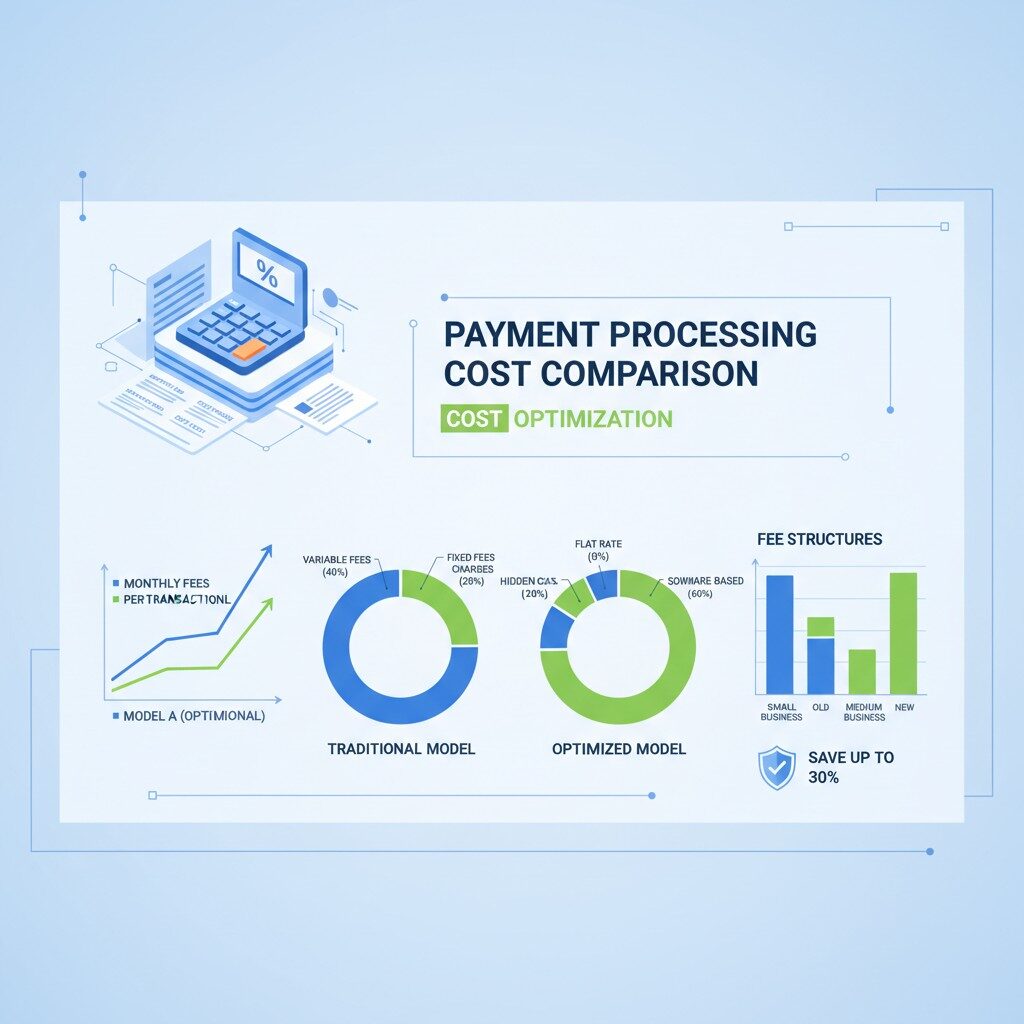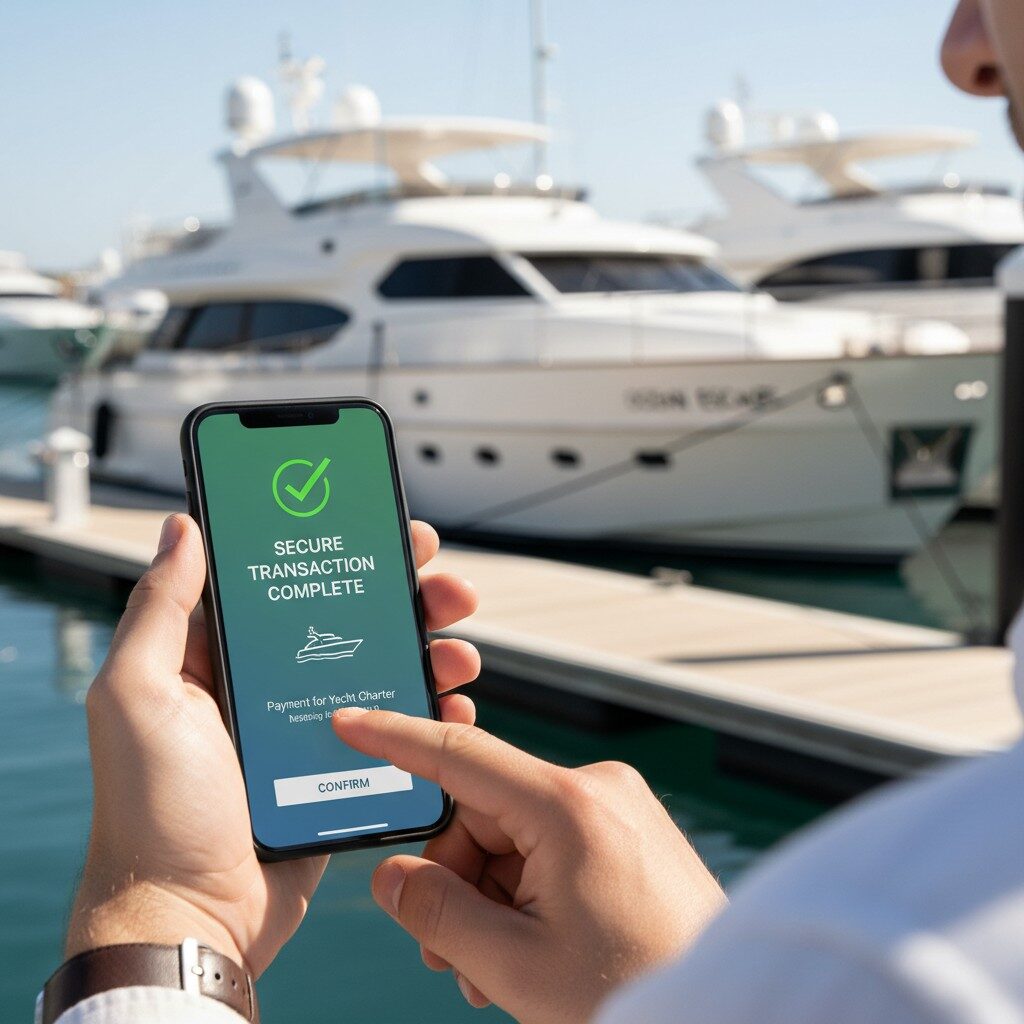How to Accept Online Payments for Charter Sales: Complete Guide for Charter Operators

The charter industry—encompassing yacht charters, aviation services, and ground transportation—demands sophisticated payment processing solutions that can handle high-value transactions, international customers, and complex booking scenarios sophisticated payment processing solutions that can handle high-value transactions, international customers, and complex booking scenarios. For operators looking to implement these systems, our comprehensive guide to accepting online payments for charter sales covers everything from processor selection to security compliance. Modern charter operators need comprehensive payment handling systems that go beyond basic credit card processing to support their unique business requirements.
Whether you’re operating luxury yacht charters, private aviation services, or premium ground transportation, accepting online payments efficiently can significantly impact your cash flow, customer experience, and operational efficiency. This guide explores the essential components of charter payment processing and how to choose the right solution for your business. This guide explores the essential components of charter payment processing and how to choose the right solution for your business. For detailed implementation strategies and processor comparisons, see our complete guide to online payment acceptance for charter operations.

Understanding Charter Payment Processing Requirements
Charter businesses face unique payment challenges that differ significantly from standard retail or service transactions. High-value transactions often exceed $10,000, requiring specialized merchant accounts that can handle luxury service payments without triggering automatic fraud alerts.
Charter payment gateways must accommodate various transaction types including deposits, full payments, and recurring charges for multi-day charters. Many operators require flexible payment timing, allowing customers to pay deposits immediately and final balances closer to their charter date.
International customers represent a significant portion of the charter market, making multi-currency processing and international charter payments essential features. Your payment system should seamlessly convert currencies while clearly displaying rates to customers during booking.

Top Payment Processors for Charter Services
When evaluating payment processors for charter services, consider providers that specialize in high-value transactions and travel industries. Stripe and PayPal offer robust APIs but may have limitations for very high-value transactions without special arrangements.
Authorize.Net provides excellent aviation payment processing capabilities with their Advanced Fraud Detection Suite, which is crucial for protecting against chargebacks in high-value transactions. Square, while popular, typically works better for smaller charter operations due to transaction limits.
Specialized providers like Worldpay and Adyen excel in international processing and can handle the complex requirements of luxury charter operations. These platforms offer advanced fraud prevention charter tools and can process transactions in multiple currencies simultaneously.

Merchant Account Charter Requirements
Charter businesses often require high-risk merchant accounts due to transaction values and industry classification. Work with providers experienced in travel and luxury services who understand the unique chargeback risks and processing requirements.
Cost Analysis: Fees and Pricing Models
Charter payment fees vary significantly based on transaction volume, average ticket size, and processing requirements. Most processors charge between 2.9% and 3.5% for credit card processing charter transactions, with additional fees for international processing.
High-value transaction processing often qualifies for volume discounts. Negotiate interchange-plus pricing rather than tiered pricing to reduce costs on large transactions. Factor in monthly fees, gateway fees, and chargeback fees when calculating total processing costs.

ACH payments charter processing offers significant cost savings for domestic transactions, typically costing $0.25-$1.50 per transaction regardless of amount. Wire transfer processing, while more expensive, provides guaranteed funds and may be preferable for very high-value bookings.
Integration with Charter Booking Systems
Modern charter operations require seamless integration between payment processing and booking management systems. Yacht charter management software should include built-in payment processing or easily integrate with your chosen payment provider.
The best all-in-one charter management systems handle everything from initial inquiry to final payment, including automated deposit collection and balance reminders.

Payment integration APIs should support real-time processing updates, automatic receipt generation, and synchronized booking status changes. This ensures that payment confirmations immediately update availability and send confirmation details to customers.
Charter Booking Software Integration Features
Look for systems that support partial payments, payment plans, and flexible pricing options including seasonal rates and promotional discounts. Integration should also handle refund processing and partial cancellations seamlessly.
Security and Compliance Considerations
PCI compliance charter operations must meet strict security standards when handling credit card information. Choose payment processors that offer PCI-compliant solutions and handle sensitive data processing on their secure servers.

Payment security charter measures should include tokenization, encryption, and secure data transmission. Never store credit card information on your own servers unless you have achieved PCI Level 1 compliance, which requires significant investment in security infrastructure.
Implement strong fraud prevention measures including address verification, CVV checking, and velocity filters. Many charter businesses also use manual review processes for transactions above certain thresholds.
International and Multi-Currency Processing
International charter payments require processors that can handle multiple currencies and comply with various international banking regulations. Display prices in customers’ local currencies while clearly indicating the final charge currency.

Multi-currency processing should include competitive exchange rates and transparent fee disclosure. Some processors offer currency hedging options to protect against fluctuation risks on large transactions with extended payment terms.
Consider processors with local acquiring capabilities in your primary international markets. This can reduce transaction costs and improve authorization rates for foreign customers.
Mobile and Remote Payment Solutions
Charter operators often need to accept payments while away from traditional point-of-sale systems. Online payment links provide flexibility for collecting payments via email or text message.

Mobile payment solutions should work reliably on boats, aircraft, or in remote locations with limited internet connectivity. Consider solutions that can store transaction data offline and process when connection is restored.
Virtual terminals allow staff to process payments using any internet-connected device, providing flexibility for dock-side payments or in-person transactions during charter briefings.
Implementation and Setup Process
Begin implementation by assessing your current booking volume, average transaction size, and integration requirements. Modern booking systems require careful planning to ensure smooth transitions.

Work with your chosen payment provider to configure fraud settings appropriate for your business model. Charter system migration should include thorough testing of payment processing before going live.
Train staff on new payment procedures, including how to handle declined transactions, process refunds, and manage customer payment inquiries. Develop clear policies for handling payment disputes and chargebacks.
Testing and Launch Considerations
Conduct comprehensive testing with small transactions before processing large charter payments. Verify that all integration points work correctly, including booking confirmations, receipt generation, and inventory updates.

Consider offering multiple payment options during launch, allowing customers to choose their preferred method while you optimize the primary system. Industry partnership strategies may also provide additional payment processing options through third-party booking platforms.
Optimizing Charter Payment Processing for Growth
As your charter business grows, regularly review payment processing costs and performance metrics. Track authorization rates, chargeback ratios, and customer payment preferences to optimize your payment mix.
Consider implementing travel package sales features that can bundle charter services with additional offerings, potentially increasing average transaction values and customer satisfaction.

Leverage payment data for business insights, including seasonal booking patterns, customer preferences, and geographic trends. This information can inform marketing strategies and booking optimization techniques.
Conclusion
Successfully accepting online payments for charter sales requires careful consideration of your specific business needs, customer preferences, and operational requirements. The right payment processing solution will streamline operations, improve cash flow, and enhance customer experience while maintaining security and compliance.
Focus on solutions that can scale with your business, offer competitive rates for high-value transactions, and integrate seamlessly with your existing booking and management systems. Regular review and optimization ensure your payment processing continues to support business growth and customer satisfaction.







